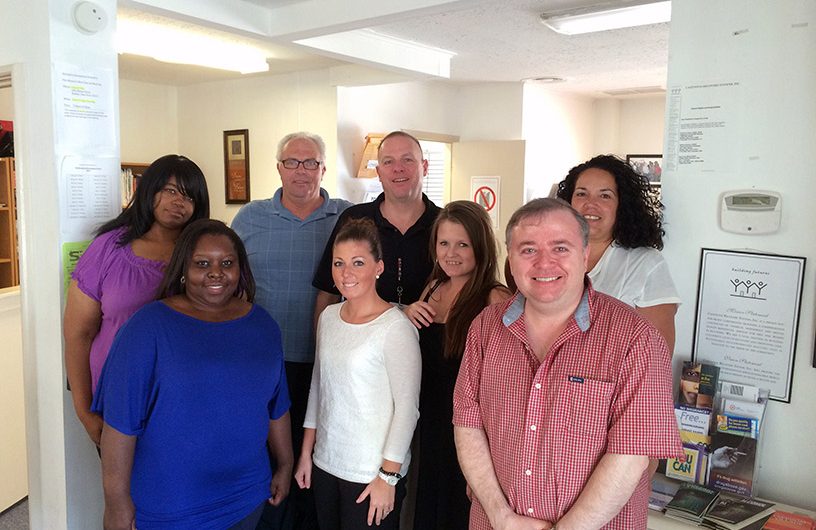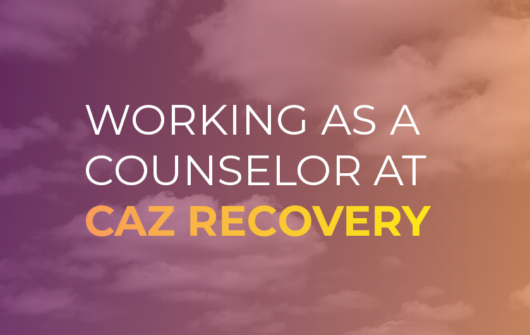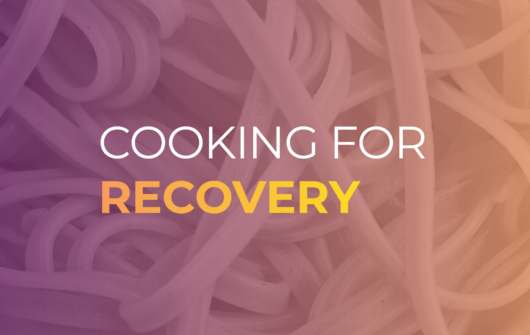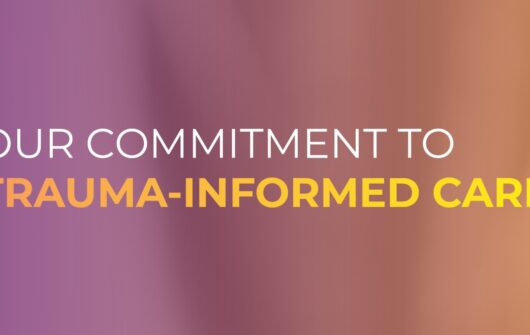Supportive Living: A Step Toward Independence
Posted on: December 4, 2014

This article was previously featured in the July 2014 issue of the Cazenovia Compass and is about our Supportive Living program:
Cazenovia Recovery’s Supportive Living staff members are committed to helping clients have the positive experiences that lead to successful transition into independent living.
Program Director Todd Winship oversees Cazenovia Recovery’s temporary apartments for 105 men and women recovering from substance abuse. The average stay is 6—12 months. Participants are at the point in recovery where they choose to be in this structured program that emphasizes relapse prevention as well as vocational development.
 “Our program guides residents toward independence and assuming personal responsibility for their ongoing abstinence and life goals,” Todd explained. “Through this period, we provide needed support and community linkages.” He said that many of the apartments are near the agency’s community residences in the South Buffalo area and Lackawanna, enabling access to those additional resources. Apartments also are located in West Seneca, Eden, and other Buffalo suburbs.
“Our program guides residents toward independence and assuming personal responsibility for their ongoing abstinence and life goals,” Todd explained. “Through this period, we provide needed support and community linkages.” He said that many of the apartments are near the agency’s community residences in the South Buffalo area and Lackawanna, enabling access to those additional resources. Apartments also are located in West Seneca, Eden, and other Buffalo suburbs.
According to Todd, Supportive Living can be “one of the most challenging steps” in transitioning to independent living. Prior to this level of care, residents who completed treatment programs — such as detox, inpatient, and community residences — were involved with twenty-four-seven staff members who assisted the residents in decision making and direction. The staff of the Supportive Living program is extremely involved in assisting the clients to develop positive coping skills that address addictive behaviors that can lead to relapse.
In January, when Cazenovia Recovery took over programs from another agency, Supportive Living’s capacity nearly doubled. Todd said that completing the transition was a “daunting task,” but that it went very well due in large part to the dedicated work of the staff. He believes his staff members are “unbelievable” and that “teamwork plays a huge part in our success.”
Gary is an example of someone doing well in the program. He has been an apartment resident since October, rates his counselor as “very effective and helpful,” and is working in shipping and receiving for Goodwill Industries. In Gary’s opinion, the key to his success and that of his fellow program participants is simple, but powerful. “You have to want to get sober,” he said.
Todd’s sincere wish is that Gary and others achieve lasting success. “Long-term, I want them not to need us anymore,” Todd said.
Other Recent Posts
Your donation can save a life!
In the grip of the opioid epidemic, you can make a difference. Any amount helps.





